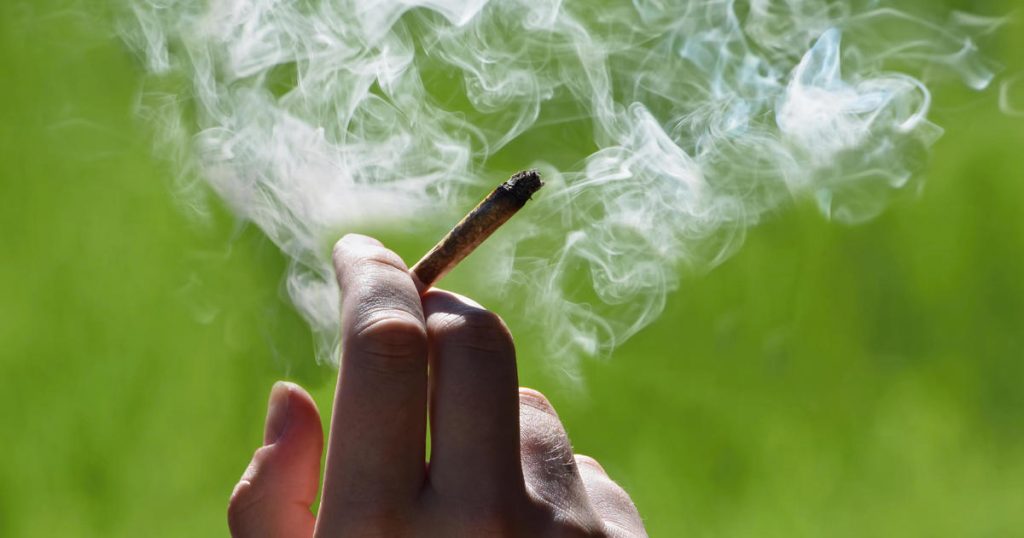The Justice Department has proposed a new rule to reclassify marijuana as a Schedule III drug, aiming to ease restrictions on cannabis at the federal level. This reclassification would not make marijuana legal or decriminalize it nationwide but would align it with other substances like ketamine and anabolic steroids. The current classification of marijuana as a Schedule I drug by the DEA states it has no accepted medical use and a high potential for abuse, while the proposed reclassification would categorize it as having a moderate to low potential for physical and psychological dependence.
The proposal has initiated a comment and administrative period, meaning that the rescheduling process will not take effect immediately. President Biden requested a review of the DEA’s marijuana classification in 2022, leading to the Justice Department’s conclusion that there is credible scientific support for marijuana’s medical effectiveness in certain situations. While no professional medical organization currently recommends marijuana use, some recommend against it. Numerous states already allow marijuana for medical or recreational use, and the attorney general concurs with the HHS’s recommendation that marijuana has less potential for abuse than Schedule I and II drugs.
President Biden has lauded the proposed rescheduling as a “monumental” move and a priority of his administration. He has taken steps to pardon federal-level convictions for simple cannabis possession and urged governors to do the same, highlighting the disproportionate impact of marijuana scheduling on minority populations resulting in harsh prison sentences for possession. The news of the proposed rescheduling came after Attorney General Merrick Garland and the DEA submitted the rule for review by administration officials. Critics, including former DEA officials, have raised concerns about potential risks and side effects of marijuana, suggesting that the reclassification could lead to increased use of more dangerous substances.
The proposed rule will undergo a final determination after 60 days and will be formally published once approved. The reclassification of marijuana to Schedule III would bring it into regulatory parity with other controlled substances, though legalization and decriminalization would not result from this change. Advocates for policy reform argue that the current scheduling of marijuana has disproportionately affected certain communities and led to severe penalties for minor possession offenses. President Biden’s support for the rescheduling reflects a broader effort to address the injustices and disparities caused by existing marijuana laws.


